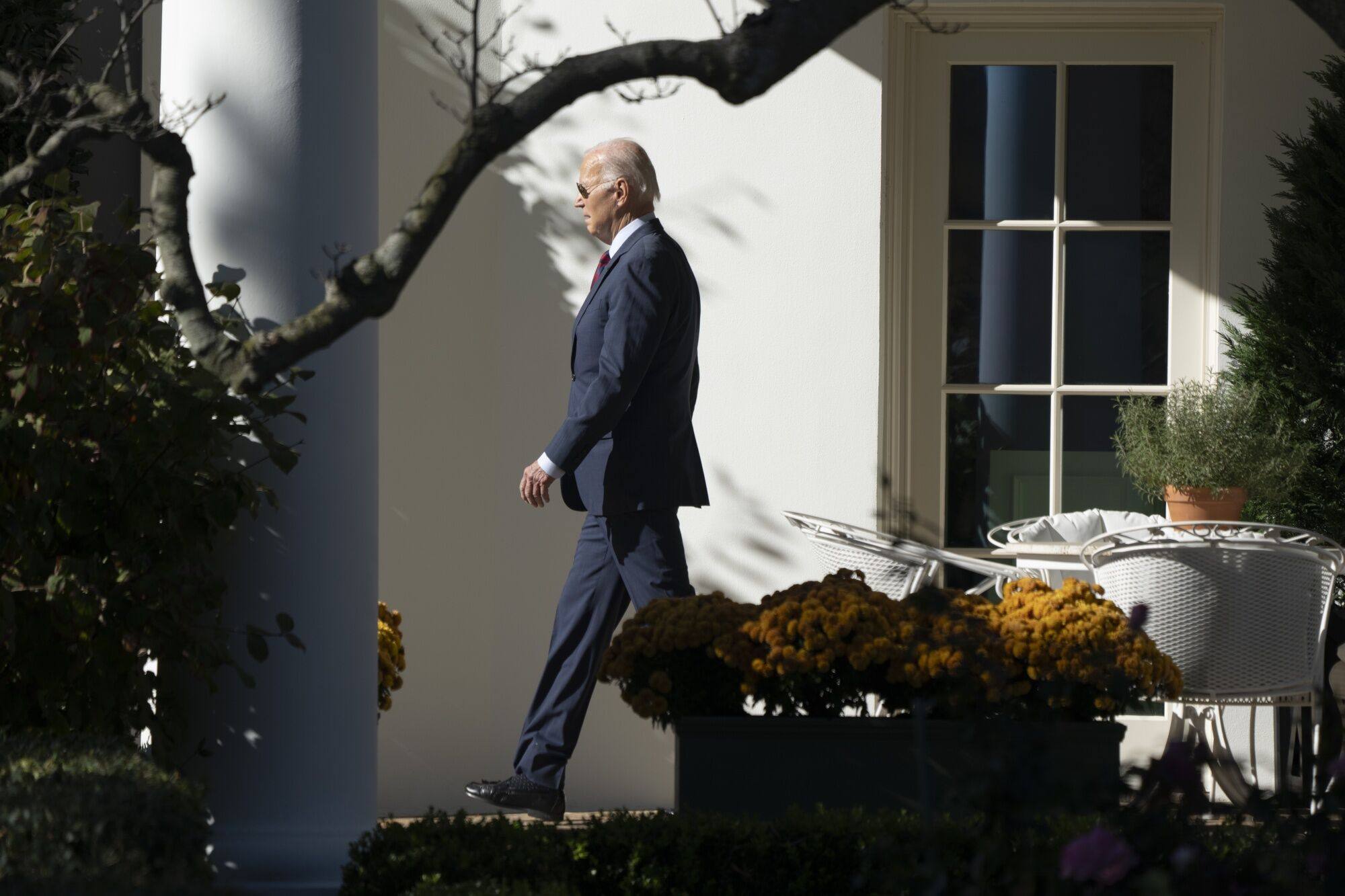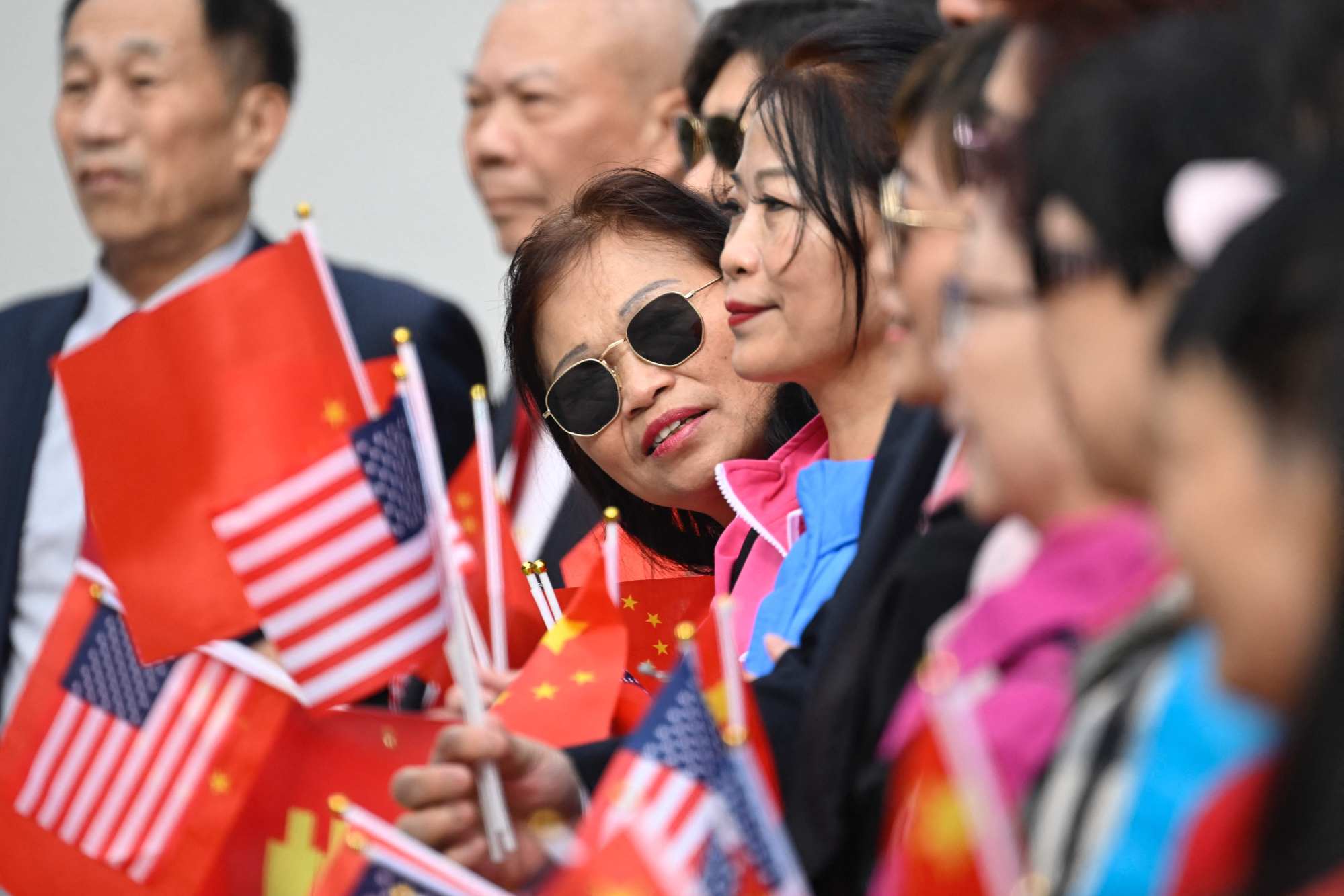Xi-Biden summit at Apec: US expectations dip further over stalled Indo-Pacific Economic Framework
[ad_1]
The news followed modest hopes that something of consequence could come out of the Xi-Biden meeting, given the many bilateral irritants, beyond some additional communication between the two militaries and a possible healthcare initiative.

Beijing has negotiated hard and is insisting on the lifting of sanctions on China’s forensic police institute and lab in return for such an agreement, sources close to the administration said. A deal, however, would likely elicit uproar among congressional Republicans quick to accuse Biden of being soft on China, they added.
US business group calls for progress on IPEF ‘trade pillar’ as talks hit snag
US business group calls for progress on IPEF ‘trade pillar’ as talks hit snag
The biggest impediment to the trade pillar has come from Democrats in Biden’s own party. They have called for killing off the trade pillar completely over its lack of enforceable labour standards.
Biden regards labour support as instrumental to his re-election bid, and the difficulty comes as Beijing increasingly heralds authoritarianism over democracy.
Trade liberalisation has become politically toxic – opposed by liberals as a job killer, and by conservatives on sovereignty and national security grounds – to offer regional allies and partners an answer to Beijing’s many infrastructure, trade and lending programmes.

“Asean is not impressed with IPEF. In fact, I’ve never met anyone outside of the White House that is impressed with IPEF because it’s a nothing burger. Most is not enforceable,” said Murray Hiebert of the consultancy Bower Group Asia and author of Under Beijing’s Shadow: Southeast Asia’s China Challenge.
“They’re joining it to humour the Biden administration because they know Biden can’t do anything on trade.”
Many of the American trade, lending, infrastructure and regional grouping policies and initiatives also seem more aimed at countering China than helping members in their own right.
Apec’s economic growth to lag behind rest of the world in coming years: report
Apec’s economic growth to lag behind rest of the world in coming years: report
While Indo-Pacific nations say they appreciate the effort and attention, they would also like to avoid being caught in a battle between the giants.
“Our focus economically in the region is on the things that exclude China,” said Bonnie Glaser of the German Marshall Fund of the United States, a Washington-based think tank. “Southeast Asia feels like it just gets intermittent attention.”
The administration has sought to emphasise with the Apec’s 21 partners, whose ranks overlap with IPEF’s 14 members, that the Indo-Pacific benefits from their discussions on green energy, food security, disaster relief, innovation, inclusion and sustainability.
But analysts said the high-minded terminology only goes so far. At a time when multilateral trade integration is moving ahead on multiple fronts, Washington is seen as standing on the sidelines, no matter how many initiatives it proposes.
“The US is on the outside looking in and trying to come up with an agenda to demonstrate its leadership credentials on economic matters,” said Nicholas Szechenyi of the Centre for Strategic and International Studies, a Washington-based think tank.
“It seems difficult for the United States to credibly emphasise themes such as inclusiveness, interconnectedness – the themes of this year’s Apec summit – when the primary driver for US economic strategy in the Indo-Pacific is not economic cooperation, necessarily, but rather economic competition,” he added.
[ad_2]
Source link





